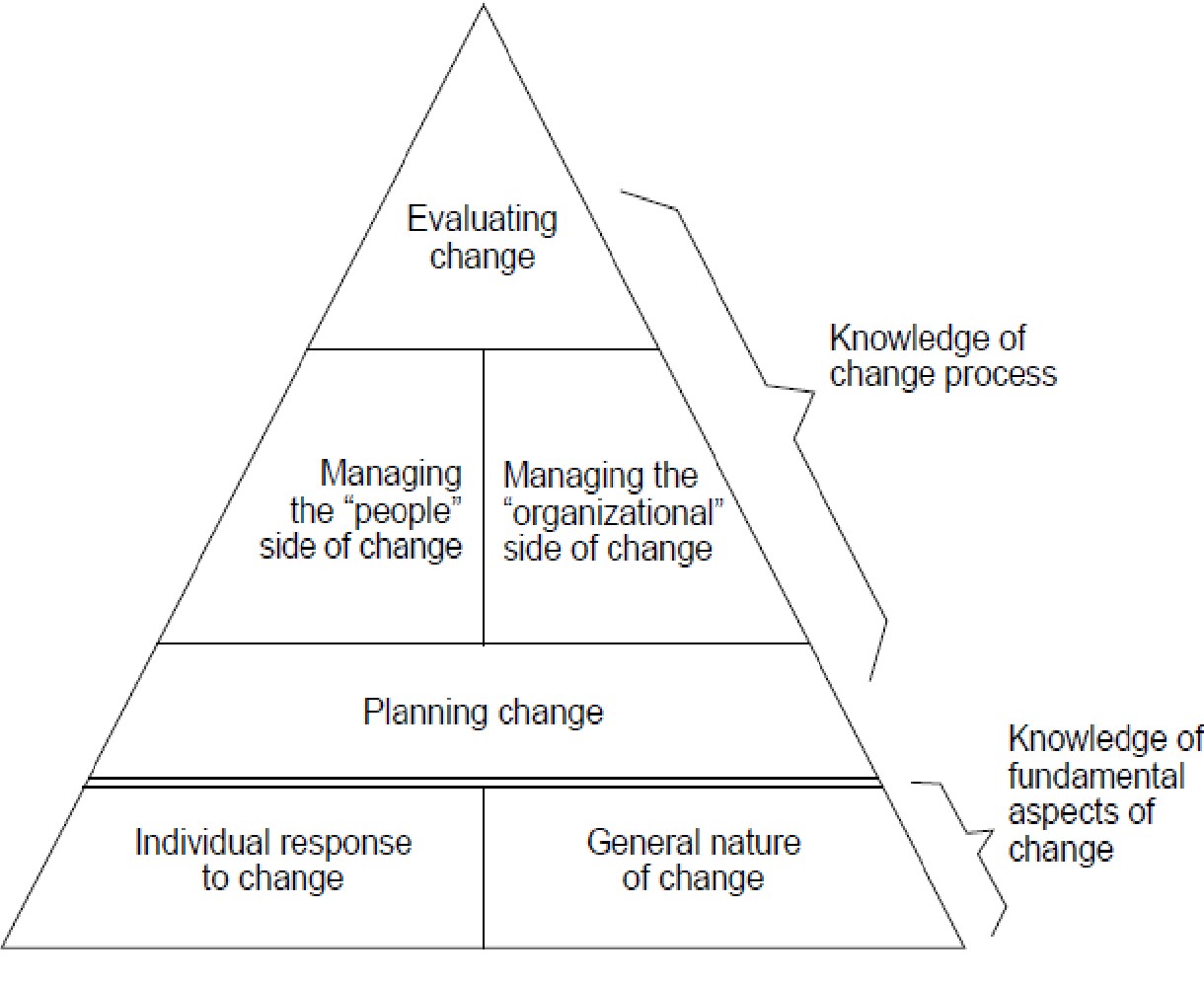Education must change for several reasons. Annual organizational change is noticeable at the beginning of every school year; there is a continuous influx and outflow of students and personnel. If schools don't get updates and upgrades, they run the danger of losing their effectiveness, which might result in a drop in academic results.
To introduce new teaching strategies and technological tools and ensure that both staff and students can stay competitive in an ever-evolving environment, change must be implemented. Here is everything you must know about change management in education.
What Is Change Management In Education?
Several factors call for changes in education. Every school year begins with a significant shift in the organization due to the constant entry and outflow of professionals and pupils. Without updates and improvements, schools face the risk of becoming less effective, which might lead to a decline in academic performance. Change needs to be made to bring in new teaching methods and technology and make sure that students and staff can remain competitive in a constantly changing environment.

Every school should have its own set of demands taken into consideration while making changes. Elementary schools may concentrate on broadening their curriculum, while universities may need to re-evaluate their tuition practices to remain competitive locally.
Some common changes discussed in schools include:
- Enhancing the health of students through enhanced physical activity
- Incorporating several other life skills into the curriculum
- Updating the curriculum
- Reimagining the school year structure
- Implementing procedural changes to prevent incidents and enhance safety
- Integrating offline and online instruction methods
- Improving teachers’ work conditions
- Adjusting physical environments
- Enhancing administrative communications through technology
Do you follow us on Social Media? We regularly share upgraded educational content, tips, feedback, and more. Check us out by clicking the profiles here –Facebook / Twitter / LinkedIn / Pinterest / Instagram / YouTube
Why Do Institutions Need A Process Of Effective Change Management Process?
Enhancing effectiveness and learning outcomes for students is frequently the responsibility of institutional leaders. When necessary, they manage the driving change of practices and systems throughout the campus, making important choices that affect the whole organization. Everybody responds to change differently, and it may be surprising and personal to each individual. By providing leaders with improved execution knowledge and more confidence in their abilities to bring about change, change management techniques may facilitate transitions.
Research indicates that initiatives with superior change management have a six-fold higher chance of achieving their goals compared to those with subpar change management. Considering the quantity of change that occurs on college campuses, it is obvious that applying change management techniques would enhance institutional performance. Data analysis, planning improvement initiatives, putting them into practice, keeping an eye on them, and evaluating the results are all continual processes.
6 Key Principles Of Change Management In Education
Here are a few ways to implement change in education toward seamless transition and technological advancements:
1. Communicate About Change
An essential component of effective change management is open and honest communication. All stakeholders need to be informed about the change's justification, advantages, and anticipated results by educational leaders. Minimize resistance and promote comprehension by communicating straightforwardly and consistently.
2. Involve Stakeholders
Students, instructors, administrators, parents, and support staff are just a few of the stakeholders that may be empowered to take ownership of the change by including them on several levels. Participation fosters a sense of accountability and group dedication, both of which are essential for a smooth transition.
3. Focus On Your Organizational Culture
Change is made easier when there is a supportive organizational culture. Establish a setting that encourages creativity, experimenting, and flexibility. Encourage honest communication and feedback so that people may freely express their worries and opinions.
4. Consider the Organization's Vision And Mission
Make sure that the suggested modification is in line with the institution's overall goals and objectives. Any modification should make it easier for the educational establishment to meet its learning objectives. The transformation has greater significance because of this alignment, which gives it direction and a feeling of purpose.
5. Offer Incentives And Encouragement To Change
During the change, acknowledge and appreciate little victories. Acknowledging the contributions of both individuals and groups encourages a change-oriented mindset. Additionally, to encourage stakeholders to accept the change, think about providing incentives like chances for professional growth or recognition.
6. Future Conversations Between Researchers And Practitioners
To guarantee an educated approach to change, close the knowledge gap between researchers and practitioners. Innovative solutions that answer the changing demands of education might result from collaboration between academics, educators, and technology specialists.
Navigate Educational Changes Seamlessly
Even while change might be intimidating, it's essential that educational technology progress at the same time. Change management offers the road map for effectively navigating through this transition. Recall that creating a culture of continuous improvement is just as important to change as just using new technologies. Additionally, pursuing a Diploma in Educational Administration and Management will also catalyze positive growth.
We believe education should be accessible for everyone. That’s why we don’t charge for our blogs. Find the right course that will help you in your career with us, contact us at - 1800–212–6400. You can mail us at act@asiancollegeofteachers.com









